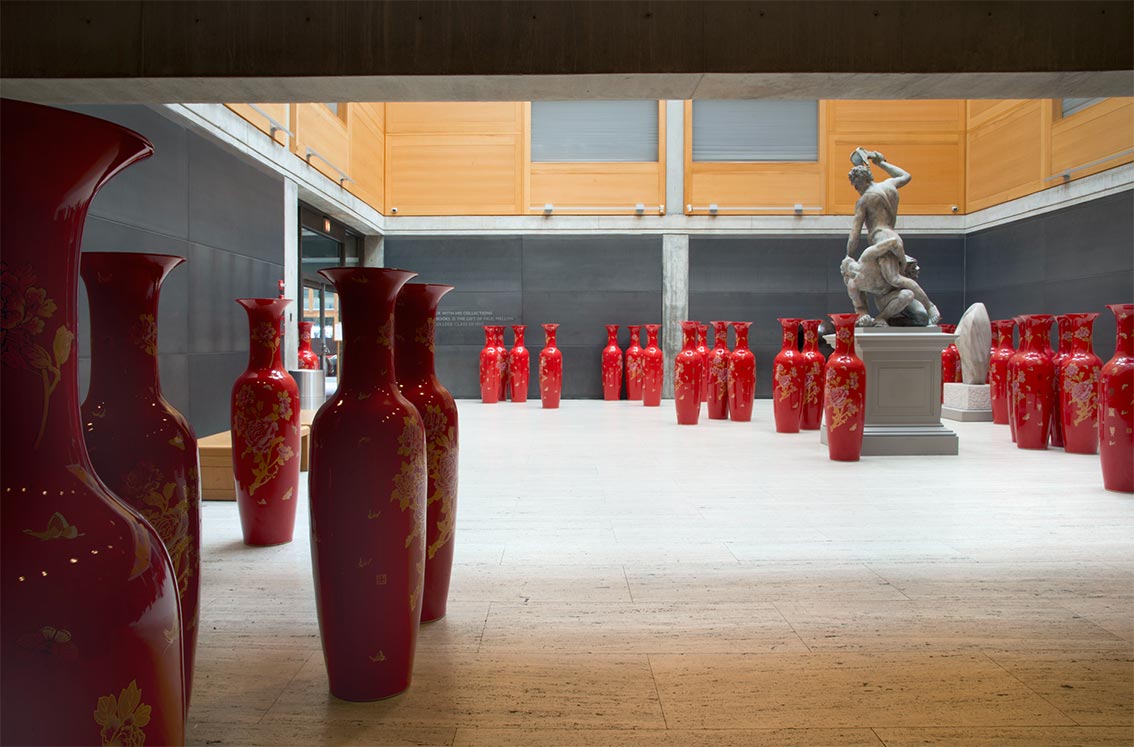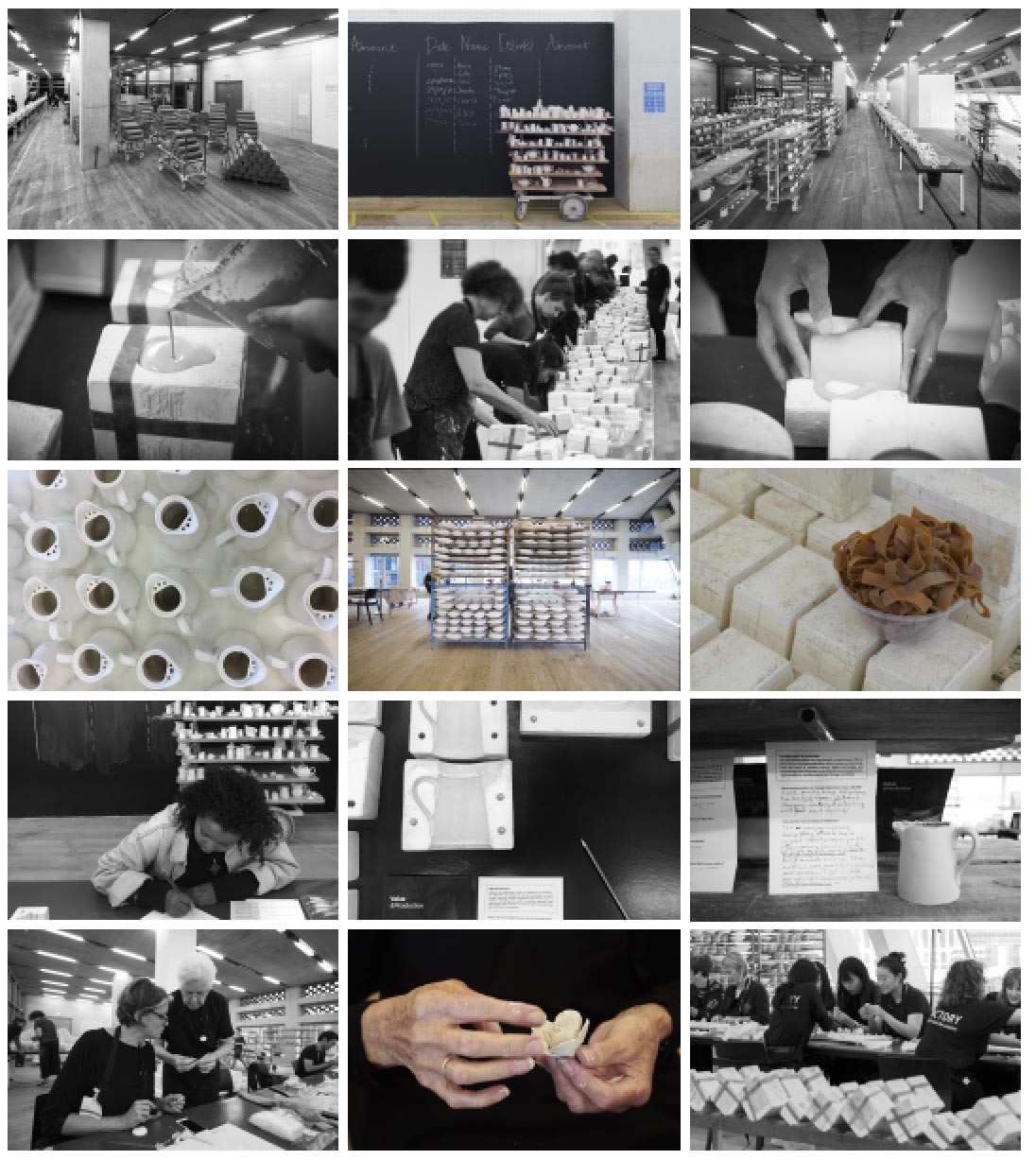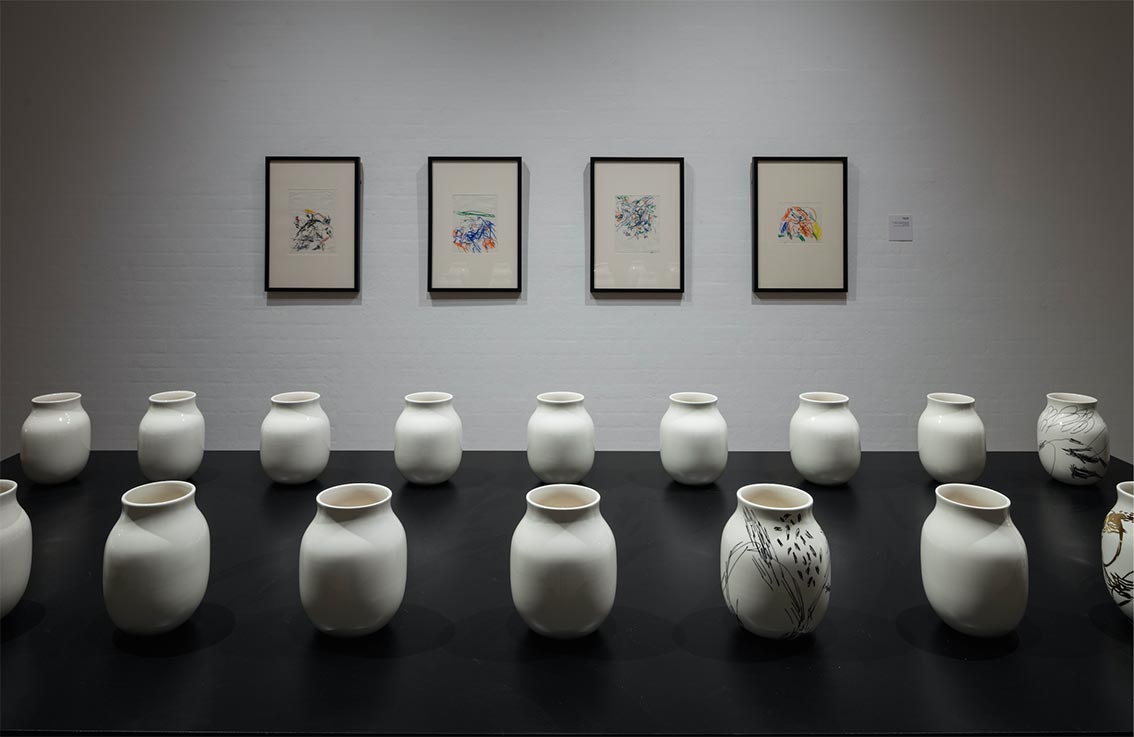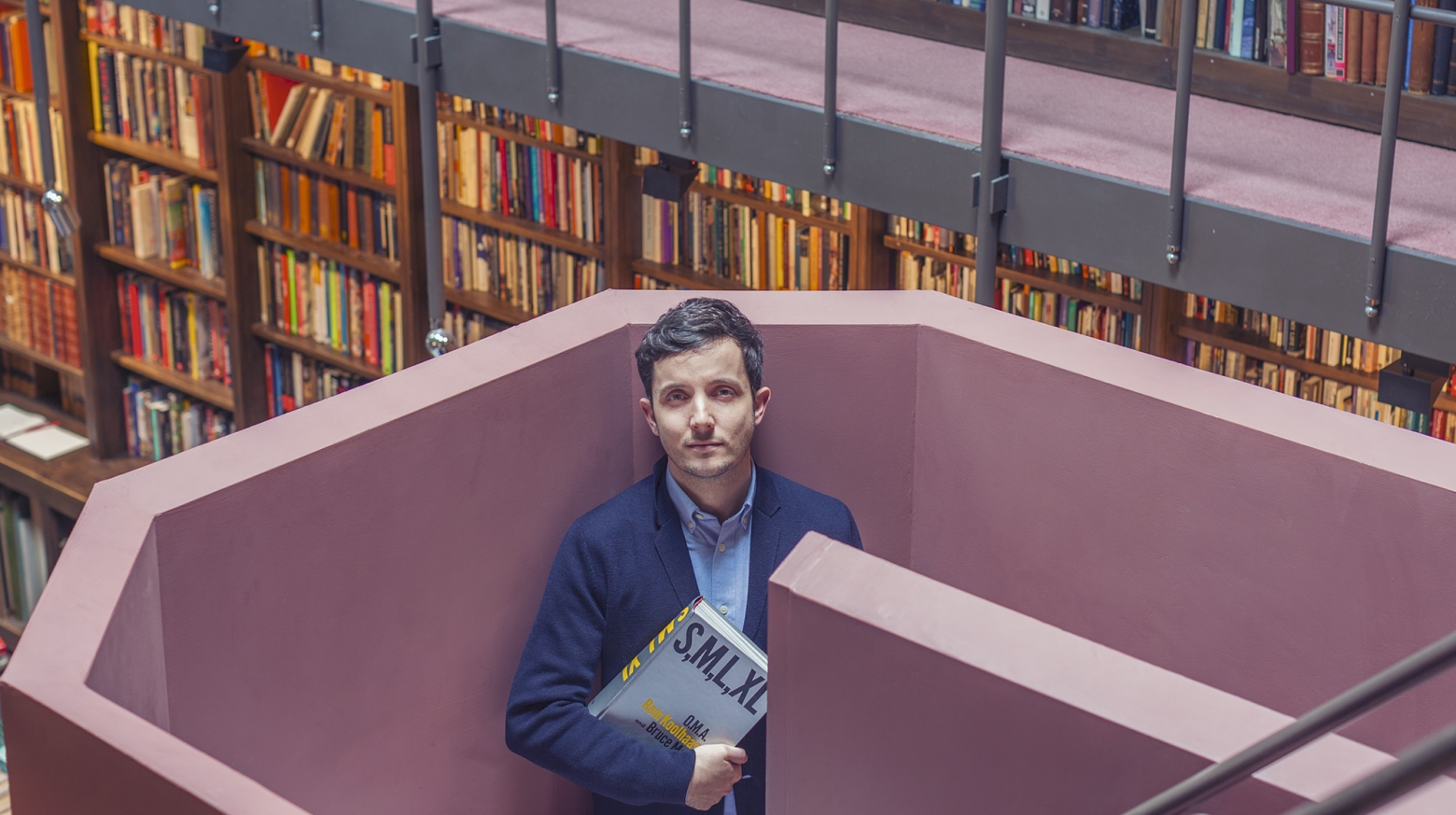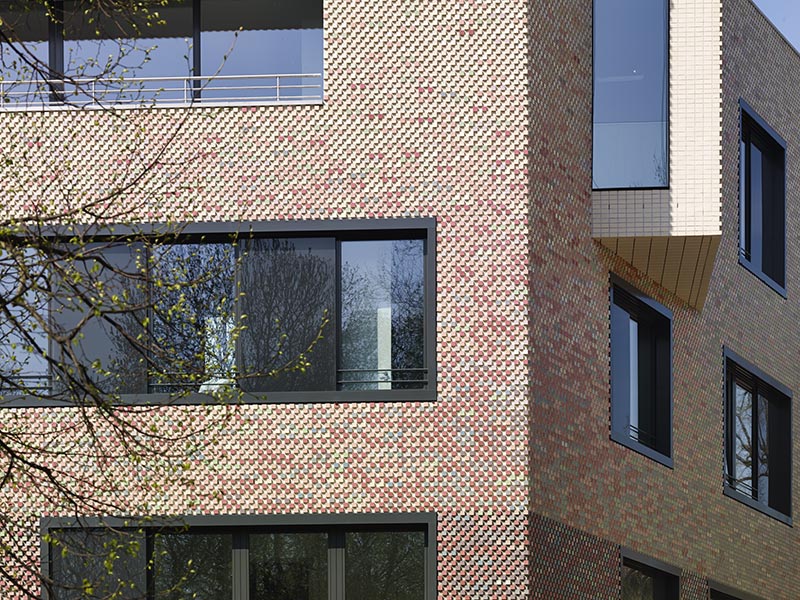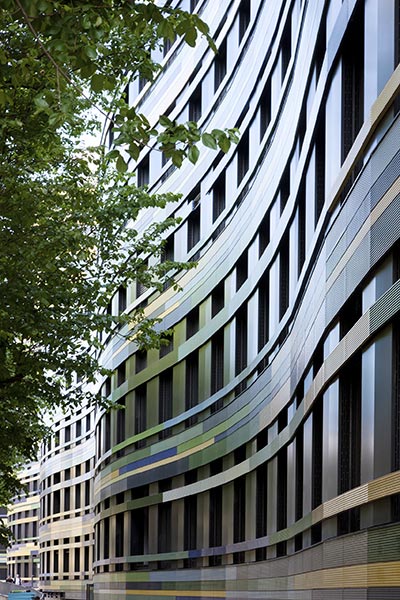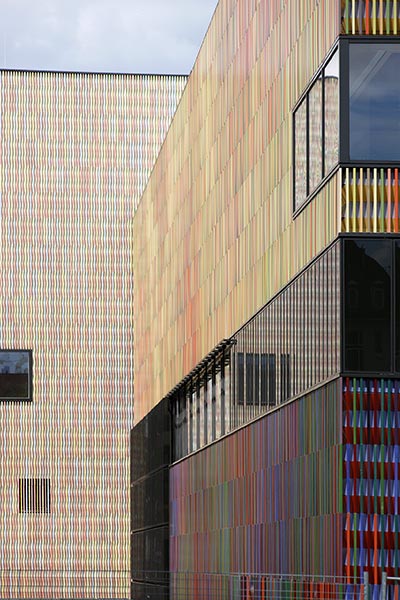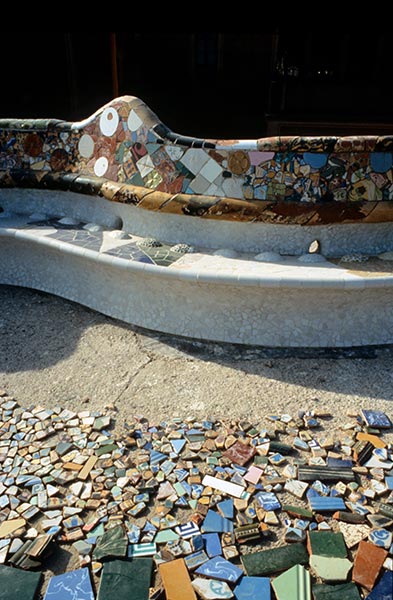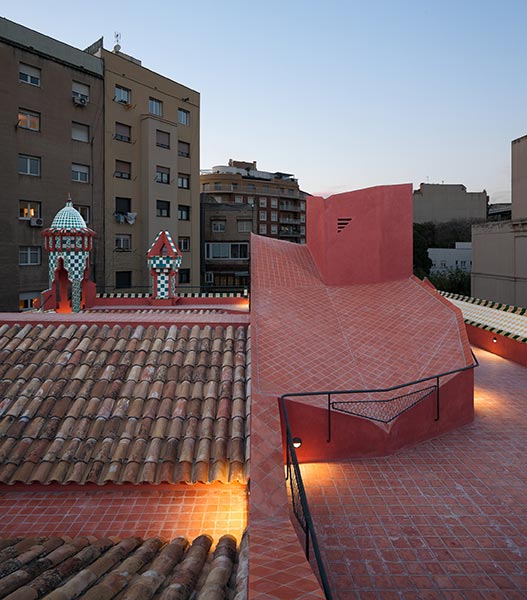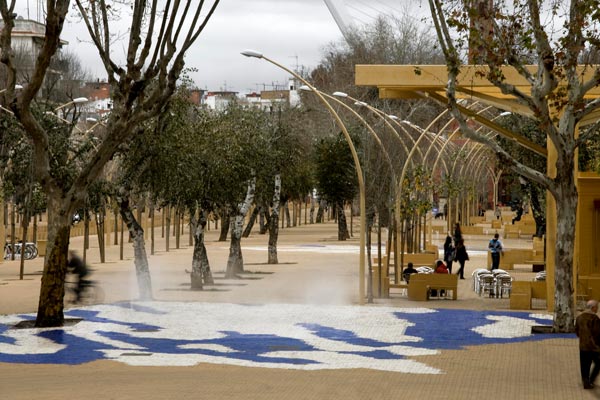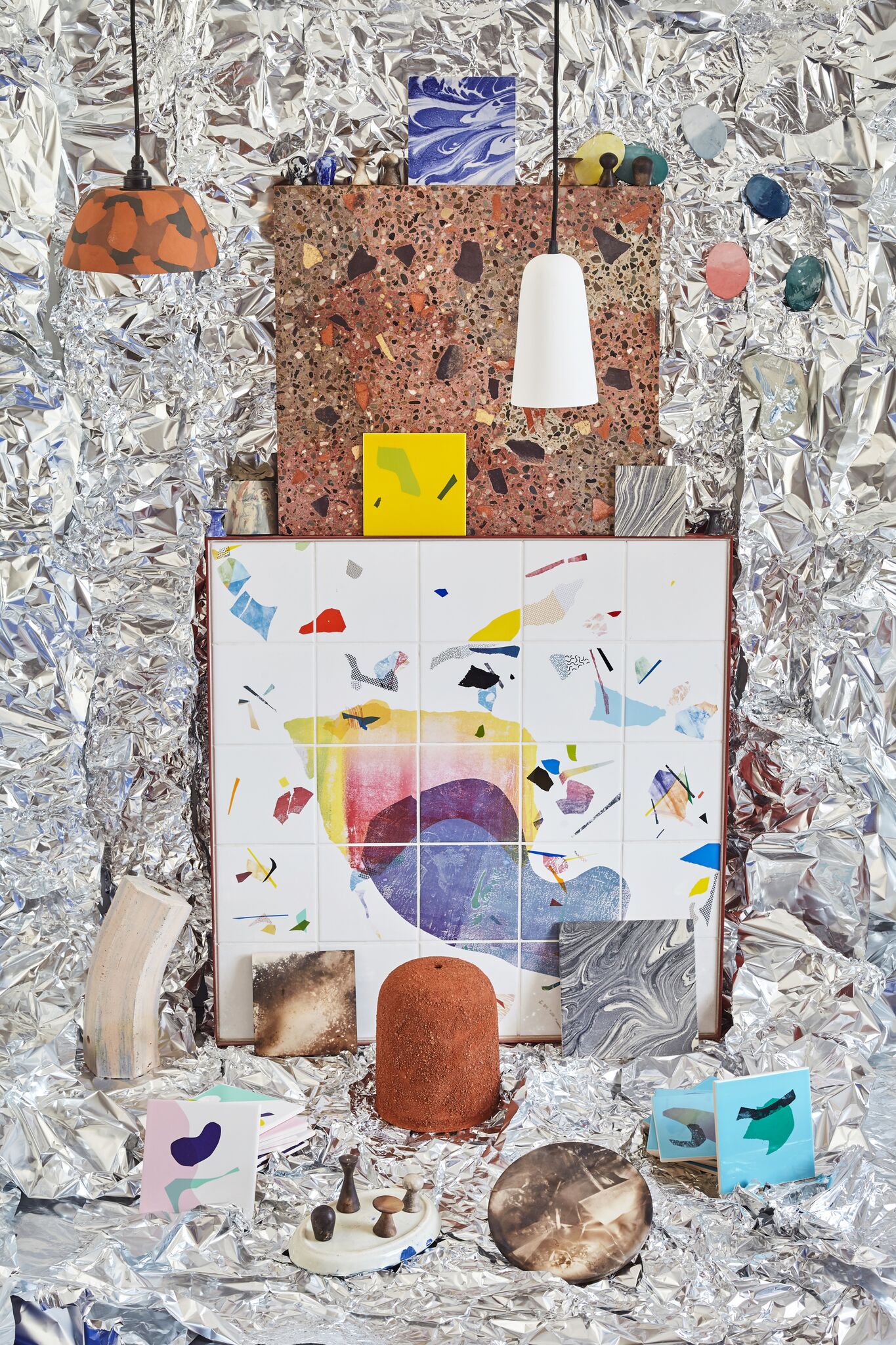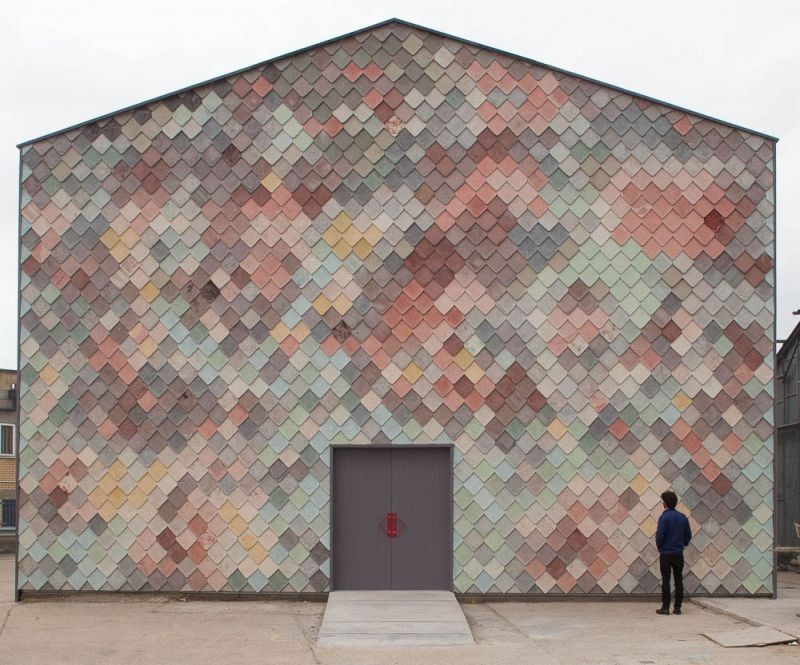Constructive Dialogues Symposium
Spanish Ceramics Innovation in Context
The Constructive Dialogues: Spanish Ceramics Innovation in Context symposium is a one-day event presented by ECAlab, and hosted by TATE Liverpool on Saturday 29 September 2018. The symposium is presented in conjunction with PlatFORM, which will take place in Tate Exchange at Tate Liverpool between 22 – 30 September.
Major advances in ceramics engineering and craftsmanship have opened new routes for innovation, triggering the re-emergence of ceramics as a sensory and culturally inspiring material in architecture. This event will present innovative trends in contemporary architectural ceramics production, bringing together some of the most prominent international minds connected to ceramics design and creation/production. Through speakers’ presentations and chaired discussions, we will explore a wide range of topics relating to the role of ceramics in the production of architecture, such as:
- Innovation, sustainability and technology
- Craft techniques and experimentation
- Ceramics, ornament and art in architecture
- Ceramic futures: challenges and opportunities
This is the second in a series of symposia that aim to spark a discussion around the multiple attributes of ceramics as a versatile and phenomenological architectural material.
Speakers
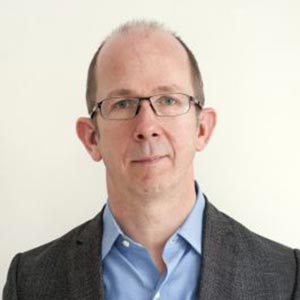
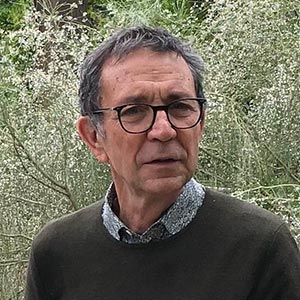
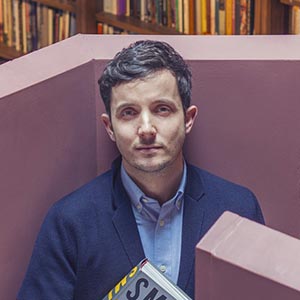
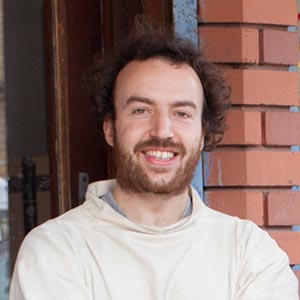
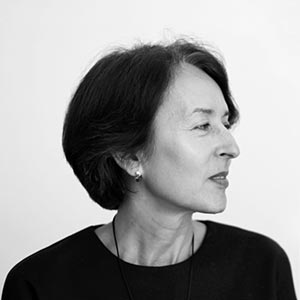
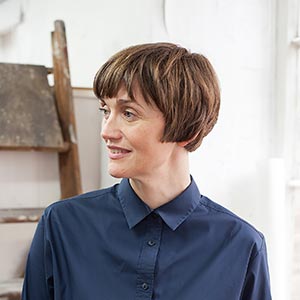
Clara Vicedo
ASCER/Tile of Spain
Castellón, Spain
With approximately 135 members, ASCER (the Spanish Ceramic Tile Manufacturers’ Association) includes and represents practically all Spain’s ceramic tile manufacturers. There are no limits to the Association’s range of activities and services; ASCER is potentially willing to take on any project or activity of interest to its members. For this reason, ASCER worked on the creation of an umbrella brand for all the Spanish Ceramic Tile companies, Tile of Spain. Renowned worldwide for an inspiring blend of aesthetic and technical innovation, Spanish tiles draw on a rich heritage of skill and creativity, while remaining at the cutting edge of design. Manufactured in Spain and widely available in the UK, these products embody the spirit of an industry that prides itself on proposing beautiful, meaningful and high-performance solutions to flooring, wall coverings, furnishing and external paving and cladding. Besides, ASCER has set up a series of Ceramic Tile studies departments at different Schools of Architecture in Spain and abroad. The Network of Ceramic Tile Studies Departments represents the importance that ASCER places on the professional working environment, which it endeavours to educate about ceramic tiles and their applications.
Schedule
Saturday 29th September 2018, 10.30-19.00
10.00 PlatForm open to the public, 1st Floor TATE Liverpool
10.30 Check in and coffee
10.50 Welcome, introduction and programme overview
Lectures
Innovation in ceramics production and architectural application
What value can ceramics bring to architecture? How are ceramics inspiring new ways of expression and pushing the limits of what a new experience of the built environment can be? How can we reignite the interest in a material whose advancement has enjoyed less exploration throughout the twentieth century? What is allowing designers and ceramic artists to explore with renewed vigour, complex relationships between materiality and the spatial qualities of architecture? How can ceramics engineering expand the imagination of visionary design professionals? How can we capitalise on the extensive knowledge of artists and craftsmen in these nascent technologies and construction processes?
This session will focus on the conceptual questions and practical challenges raised by the use of innovative earthen materials in our contemporary cultural and architectural context. It will explore material performance, and critical perspectives on how the new imageries and perceptions fit into the evolution of the human relationship with clay.
11.05 Clara Vicedo, ASCER / Tile of Spain
11.30 Andrew Kiel, Sauerbruch Hutton
12.15 Lunch
13.30 Ángela García de Paredes, Paredes Pedrosa Architects
14.15 Elías Torres, José Antonio Martinez Lapeña and Elías Torres Architects
15.00 Coffee Break
15.30 Lewis Jones, Assemble
16.15 Clare Twomey, Clare Twomey
17.00 Coffee Break
Critical Discussion Chaired by Gonzalo Herrero Delicado
Constructing dialogues, future prospects
How are the current dialogues between art, craftsmanship and architecture enabling the emergence of new design methodologies? Which are the best vehicles for these collaborations and what challenges do we still find in these processes? How can we reconcile bespoke proposals with efficient manufacturing? How can manufacturers and the building industry be encouraged to take this risk and engage in new projects? This debate will focus on experimental ways of collaboration, production and prospective transformations of a primal material such as ceramics into complex hybrid systems, leading it to the forefront of innovation. It will include reflections on interoperability between tools and environments, production of innovation by using techniques out of their usual context, mixing big and small scale perspectives, hybridising/re-structuring bottom up and top down approaches, reversing/altering sequential processes, articulating historic and site-responsive languages, and understanding embodied energy, embodied cultural identity and production as a critical ethical issue.
17.30 Opening Speech by Gonzalo Herrero Delicado
17.40 Critical Discussion
18.30 Wine reception
Contact and Location
TATE Liverpool
1st Floor, Clore Studio
Kings Dock
Liverpool L3 4FP
Symposium Sponsors


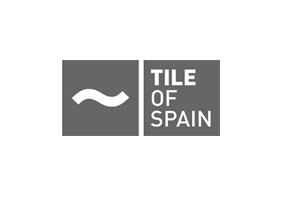

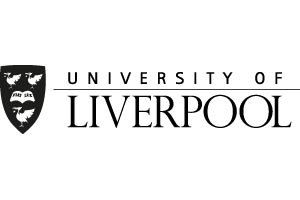
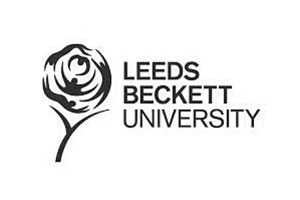
Clare Twomey
Clare Twomey is an artist based in London whose work often involves intense research, focusing on themes such as collaboration, craft and the human in production. Twomey’s work negotiates the realms of performance, serial production, and transience, and often involves site-specific installations. She has an MA in Ceramics and Glass from the Royal College of Art and is Professor of Art Practice in the School of Media, Arts and Design at the University of Westminster where she directs Ceramics Research in The Centre for Research and Education in Arts and Media (CREAM). Over the past 10 years she has exhibited at the Victoria and Albert Museum, Tate, Crafts Council, Museum of Modern Art Kyoto Japan, the Eden Project and the Royal Academy of Arts.
Through this interdisciplinary symposium, leading architects, ceramicists, designers, engineers, industry professionals and researchers will discuss prospective scenarios and futures for ceramics within architecture. This symposium is generously supported by IVACE, Office for Cultural and Scientific Affairs-Embassy of Spain in the United Kingdom, ASCER-Tile of Spain, the University of Liverpool and Leeds Beckett University.
ECAlab is founded and directed by Rosa Urbano Gutiérrez and Amanda Wanner.
Gonzalo Herrero Delicado
Gonzalo Herrero Delicado is an architect and curator of contemporary architecture and design based in London. Trained in architecture in Spain, he worked as an architect for several practices, amongst them Lacaton & Vassal Architectes in Paris. Later, he moved to London where he held different curatorial positions at The Architecture Foundation and the Design Museum. His curatorial portfolio is composed of a wide range of projects exploring the intersection between architecture, design and art, and their response to contemporary issues. His projects include exhibitions, installations and public programmes developed in partnership with institutions such as the Mies van der Rohe Foundation, Barbican, Tate, Serpentine Galleries and the ICA. Over the last 10 years, he has widely contributed as a writer to some of the most renowned design and architecture magazines including Domus, Abitare, Neo2, A10, Arquine, Mark and Blueprint.
Andrew Keil
Andrew Kiel came to Germany in 1993 after completing studies at the University of Virginia and Princeton University. Between 1993 and 1998, Andrew worked with various offices in Germany, including Josef P. Kleihues. Andrew’s work with Sauerbruch Hutton began 1999 with his assignment as project architect for the Experimental Factory in Magdeburg. As project leader for other major projects such as the Federal Environmental Agency in Dessau, the ADAC headquarters in Munich and currently the Experimenta Science Centre in Heilbronn, Andrew has extensive experience in designing sustainable buildings. Since 2005 Andrew is an Associate of Sauerbruch Hutton, a Berlin-based architectural practice with projects throughout Europe and in Latin America. The 80-strong practice was founded by Louisa Hutton and Matthias Sauerbruch in 1989. Their ability to combine architecture, urbanism and design with a culturally informed outlook on sustainability has been internationally recognised. Its integrated design approach aims for an architecture that combines ecological performance with intuition and sensuality. Among Sauerbruch Hutton’s award-winning projects are the GSW Headquarters in Berlin, the Federal Environment Agency in Dessau, the Brandhorst Museum in Munich as well as the Immanuel Church in Cologne. Their M9 Museum of the 20th Century in Venice Mestre will open to the public in December 2018.
Ángela García de Paredes

Ángela García de Paredes 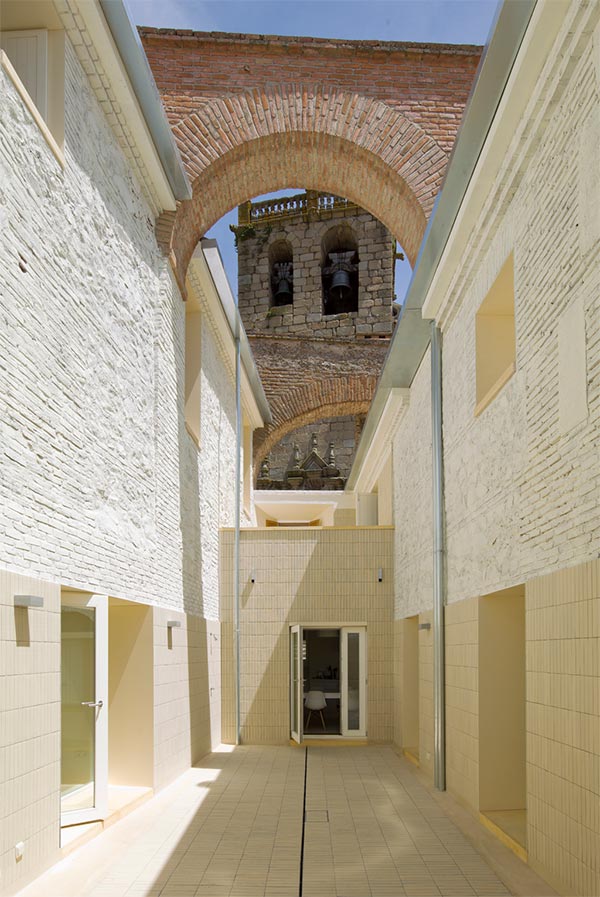
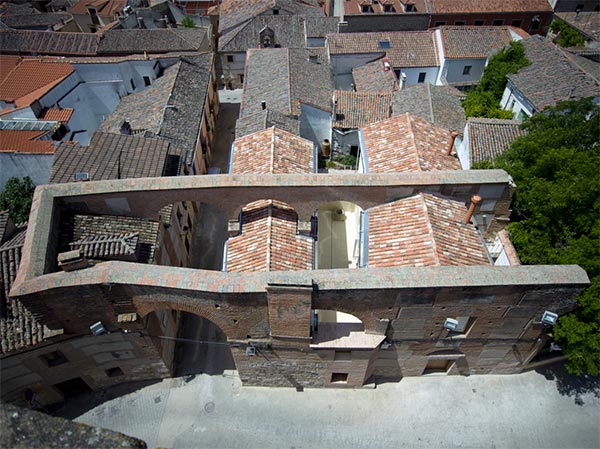
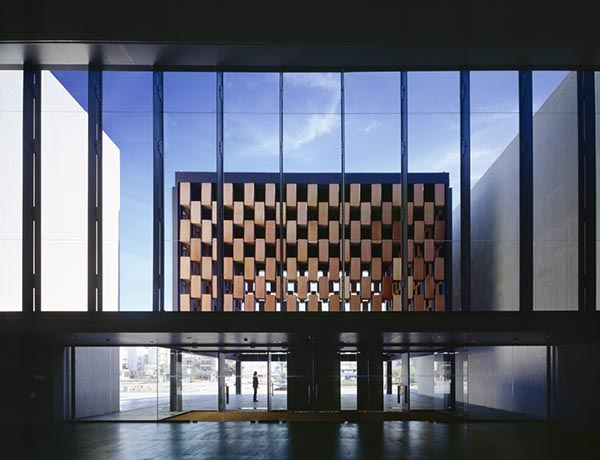
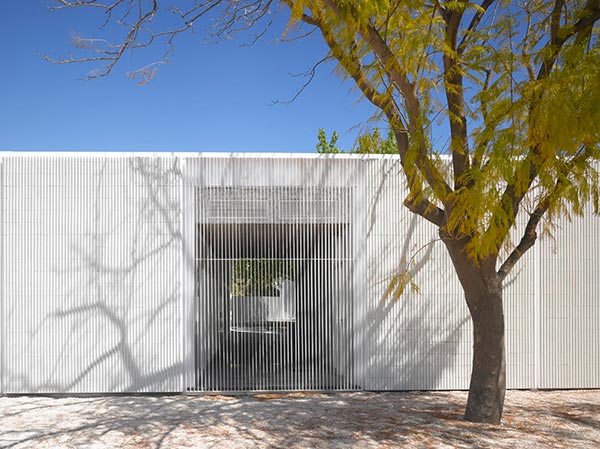
Ángela García de Paredes (Madrid 1958, ETSAM PhD 1982) established the architectural firm PAREDES PEDROSA in 1990 together with Ignacio G. Pedrosa (Madrid 1957, ETSAM PhD 1983). She is professor at the Architectural Design Department, Madrid School of Architecture (ETSAM), and visiting professor in other universities as the IUAV in Venice. Angela was curator of the X Iberoamerican Biennale 2016, and was invited to the Central Pavilion in Venice Biennale 2018. Built works include the Public Library in Córdoba, the Auditorium in Lugo, the Congress Centre in Peñíscola, the Archeological Museum in Almería, the Valle Inclán Theatre in Madrid, and specific interventions in heritage projects as the Olmeda Roman Villa and the Public Library in Ceuta. Their work has been awarded with the Spanish Fine Arts Gold Medal 2014, the Spanish Architecture Award 2007, the European Award for Architectural Heritage 2015 and the AR award for Emerging Architecture 1999.
Elías Torres
Elías Torres (Ibiza 1944) obtained his architecture and PhD degrees at the Escola Tècnica Superior d’Arquitectura de Barcelona (ETSAB), in 1968 and 1993 respectively. He founded his professional practice with José Antonio Martínez Lapeña in 1968 (Martínez Lapeña – Torres Architects), and also became architect for the Diocese of Ibiza between 1973 and 1977. Elías has been Professor of Design, Drawing and Landscape at the ETSAB (1969-2014), Visiting Professor in Architecture at the University of California-Los Angeles (UCLA) (1977, 1981 and 1984), Design Critic in Architecture (1988 and 2002) and Kenzo Tange Visiting Professor (1995) at the GSD Harvard University, and Thomas Jefferson Foundation Visiting Professor at University of Virginia (2008). He was a resident at the Spanish Academy of Rome in 1990, juror for 2004 Aga Khan Award for Architecture, and got the Ramon Llull Award of the Balearic Islands Government in 2008 and the “Consell Insular d’Eivissa” Gold Medal in 2011. Elías is the author of several books: Guía de Arquitectura de Ibiza y Formentera (Col·legi Oficial d’Arquitectes de Catalunya i Balears, 1980), Luz Cenital/Zenital Light (Ed. COAC, 2005), Hubiera Preferido Invitarles a Cenar… (Ed. Pretextos, 2005), Dibujos de Enric Miralles y Elías Torres en la India, 1992 (Ed. Associació d’Idees. Massilia, 2011), Arquitectura e Infraestructuras (Fundación Esteyco, 2011) and 5 books of lectures and exercises for the ETSAB from 2009 to 2014 (Ed. UPC, 2014).
Lewis Jones
Lewis Jones is a founding member of the design collective Assemble and leads the creative direction of Granby Workshop. Granby Workshop is a Liverpool-based manufacturer of architectural ceramics that was founded by Assemble as part of their Turner Prize winning Granby Four Streets project. Products are designed through extensive material investigations, combining craft techniques with an experimental sensibility to develop new architectural materials and finishes. Founded in 2010 to undertake a single self-built project, Assemble has since delivered a diverse and award-winning body of work, whilst retaining a democratic and co-operative working method that enables built, social and research-based work at a variety of scales, both making things and making things happen.

